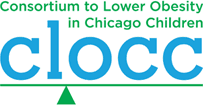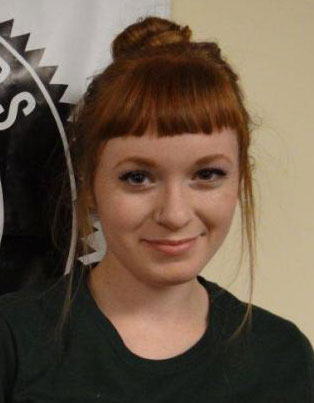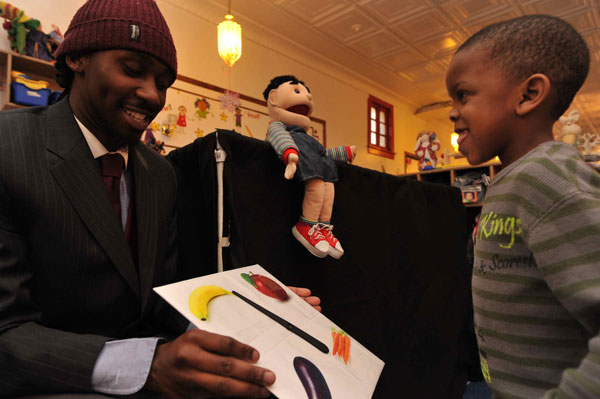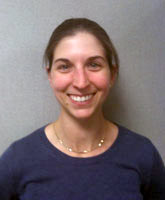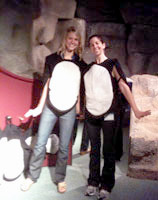by Adam Becker, PhD, MPH, Executive Director
As 2013 comes to a close, I want to take this opportunity to thank you all for another wonderful year of partnership and collaboration. This was a year of great successes and advancements for obesity prevention in Chicago and beyond. We can all be proud of our many accomplishments. While there are far too many to list here, I wanted to share just a few highlights:
• Our Blueprint for Accelerating Progress in Childhood Obesity Prevention in Chicago: The Next Decade was released in January and was received with great enthusiasm. Over the first three quarters of 2013, CLOCC partner efforts have helped to advance 24 of the 48 objectives in the Blueprint, supporting 13 of the 17 total goals.
• CLOCC led the development of recommendations for new requirements around nutrition, physical activity and screen time in licensed childcare, which were submitted to the Illinois Department of Children and Family Services through the Illinois Early Learning Council. The proposed requirements were based on standards first adopted by the Chicago Board of Health in 2009 with support from CLOCC. We expect the new requirements to go into effect in July 2014.
• CLOCC partners began working on the Baby Friendly Hospital Initiative in 2010 under or federally-funded project, Healthy Places. In 2013, Healthy Places wound down but CLOCC staff continued to support 13 hospitals working toward Baby Friendly Designation. Hospitals across the city are setting policies and adopting practices that help women to breastfeed their babies from the moment of birth. With the great progress these hospitals are making, we anticipate at least one hospital will be designated in early 2014 making it the first Baby Friendly hospital in the City of Chicago.
• CLOCC’s Community Programs Team trained over 20 community-based organizations on our Neighborhood Walkability Assessment Tool. Working in collaboration with the Active Transportation Alliance, we continue to support these organizations as they advocate for built environment improvements to increase access to safe opportunities for physical activity in their communities.
• 2013 also saw major additions to our collaborative work with Chicago Public Schools. We partnered with CPS’s Office of Student Health and Wellness on Healthy CPS to promote healthy school food environments through mobile vending and to evaluate their new three-year project to enhance physical education, funded by the U.S. Department of Education (Carol White Physical Education Program Grant).
CLOCC’s success is really in its partners – CLOCC is all of us and none of our accomplishments would be possible without the commitment, energy, and passion of the thousands of people who comprise the consortium. These and the many more successes we have accomplished are largely due to all of your efforts across the city (and beyond) to support healthy lifestyles for children and families. We appreciate your hard work and commitment to ensuring that children and their families across our city, state, and nation have the opportunity to live healthy and productive lives for generations to come. We wish you a happy and healthy holiday season and look forward to continued good work ahead in 2014!
